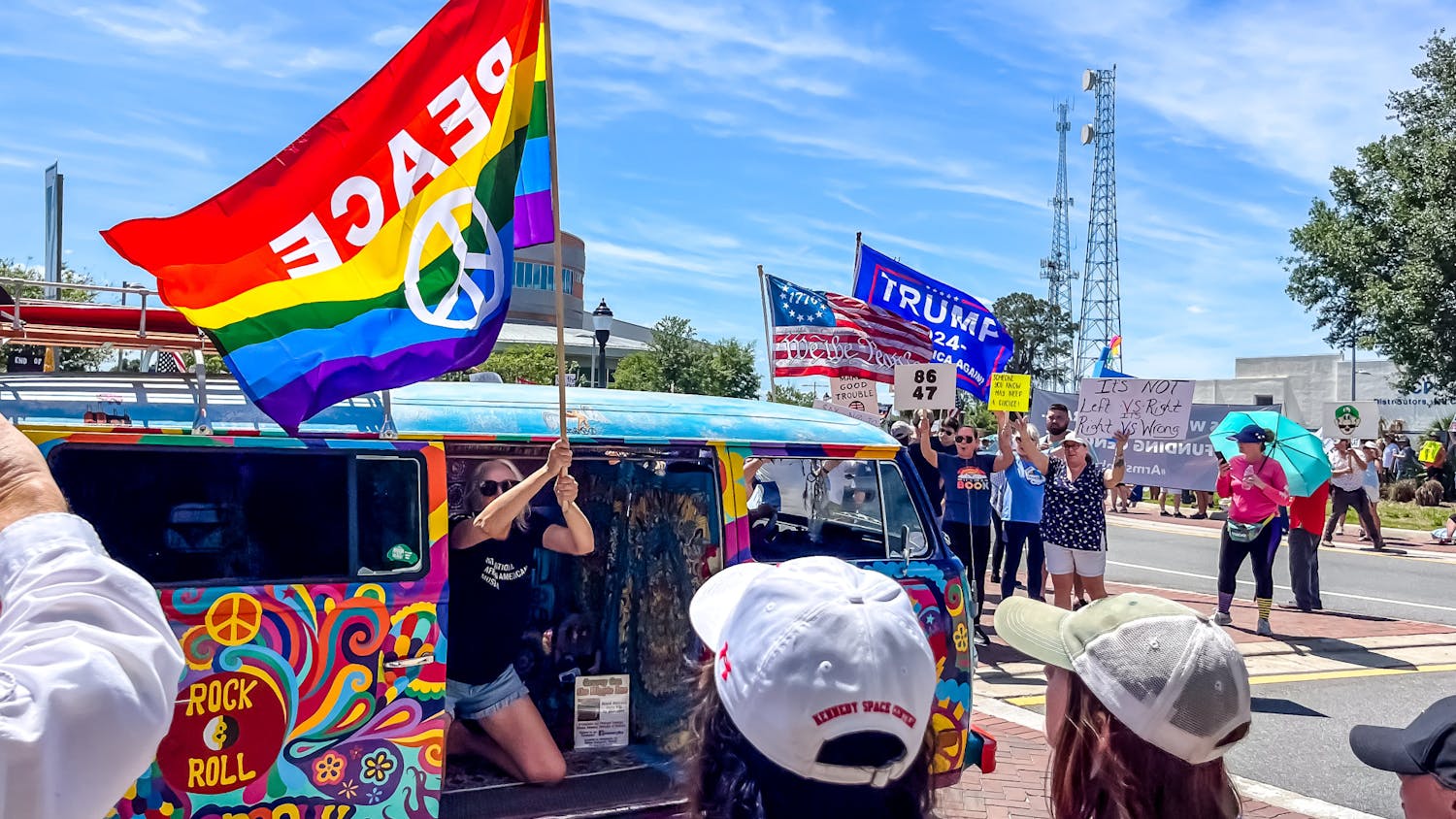The newly expanded Reitz Union includes a wing that will make UF the first university to have more than one space to serve black and Hispanic students.
Part of the estimated $75-million project fund for the Reitz is allocated to a Multicultural and Diversity Affairs wing, Eddie Daniels, the executive director of the Reitz, wrote in an email.
The new space will integrate the Latino-Hispanic Engagement Center, Asian Pacific Islander American Affairs, LGBT Affairs and the newly created Black Affairs department, which will encompass the Institute of Black Culture and Black Enrichment Center, said Vee Smith, director of Black Affairs and state coordinator of the Association of Black Culture Centers.
The IBC and Institute of Hispanic-Latino Cultures, also known as La Casita, will still have their locations on West University Avenue.
The wing will include executive offices, conference rooms, lounge areas and a computer lab, all of which are expected to open with the rest of the Reitz in January, Smith said.
Smith said she hopes the new space will promote an open dialogue about race relations and serve as a place to host events, round-table discussions and documentary viewings.
“If you’re not black, a lot of students find it really difficult to walk into the Institute of Black Culture,” she said. “So hopefully we’ll have students that don’t identify as black that feel more comfortable walking into (the Reitz).”
She explained that she’d like to work with other multicultural offices to discuss intersectionality within different communities.
Smith said this is a culturally critical time, citing the Black Lives Matter movement.
“This generation is now experiencing what you read about in the books,” Smith said.
Biochemistry sophomore Christopher Wilde said he learned a lot about himself and his culture in La Casita.
Wilde, 19, is now an ambassador for the Hispanic-Latino Institute of Culture and also served as an ambassador for the Institute of Black Culture over the summer.
He said the experience helped him recognize how a shared space could serve as a hub to engage all groups on campus.
“Since we’re gonna be next to all these communities,” he said, “we can build allies.”





